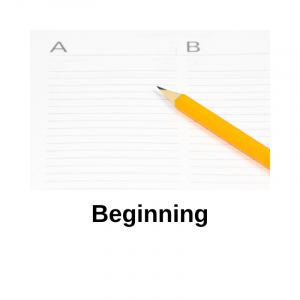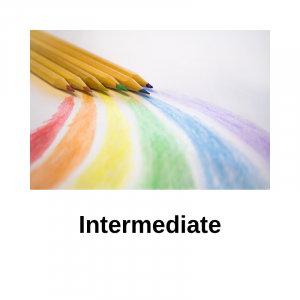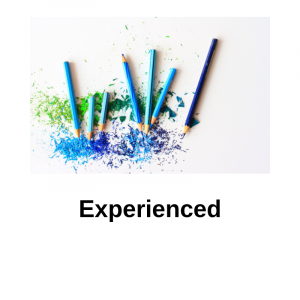16 Keyword Clues – Determining the Type of Writing
When you receive your writing assignment from your instructor, it’s important to stop and think. What are the requirements? What is the purpose of this assignment? What is your instructor asking you to write? Who are you writing for?
Before you begin to write any part of an assignment, think about the requirements and how you plan to meet those requirements. It’s easy to jump into an assignment without stopping to think about and analyze the assignment requirements.
What does it mean to think about and analyse assignment requirements?
It means that you’re considering the purpose of the assignment, the audience for the assignment, the voice (see Chapter 20 – Academic Tone and Language) you might want to use when you write, and how you will approach the assignment effectively overall.
With each writing assignment, you’re being presented with a particular situation for writing. Learning about assignment requirements and expectations can help you learn to make good decisions about your writing.
Every writing assignment has different expectations. There is no such thing as right, when it comes to writing; instead, try to think about good writing as being writing that is effective in that particular situation.
When you receive an assignment from an instructor, paying close attention to the assignment description and expectations can help you determine what will be most effective for your writing.
The University of Queensland myUQ student support site provides tutorials about how to approach and complete an assignment:
my.UQ – Steps for Writing Assignments
Analysing the topic
Before you start researching or writing, take some time to analyse the assignment topic to make sure you know what you need to do.
Read through the topic a few times to make sure you understand it. Think about the:
- learning objectives listed in the course profile – understand what you should be able to do after completing the course and its assessment tasks
- criteria you’ll be marked on – find out what you need to do to achieve the grade you want
- questions you need to answer – try to explain the topic in your own words
- Identify keywords in the topic that will help guide your research, including any:
- task words – what you have to do (usually verbs)
- topic words – ideas, concepts or issues you need to discuss (often nouns)
- limiting words – restrict the focus of the topic (e.g. to a place, population or time period)
- If you’re writing your own topic, include task words, topic words and limiting words to help you to focus on exactly what you have to do
Example of Keyword Identification
Sample Assessment Topic: Evaluate the usefulness of a task analysis approach to assignment writing, especially with regard to the writing skill development of second language learners in the early stages of university study in the Australian university context.
Task words: Evaluate – HOW
Topic words: task analysis approach, assignment writing, writing skill development – WHAT
Limiting words: second language learners (population), early stages of university (time period), Australian university (place) – SPECIFICS
Looking for and highlighting keywords in your assignment can help you know what your instructor expects. Try it out! Match the keywords below with their definitions:




These are some of the most common keywords you might see in an assignment. Whether a beginner, intermediate, or experienced academic writer, if you are uncertain about assignment requirements – ask your teacher / instructor.
Voice is the unique word choices of the author that reflect the viewpoint they are arguing (not personal opinion). Your “voice” is about WHO the reader ‘hears’ when they read your text.


